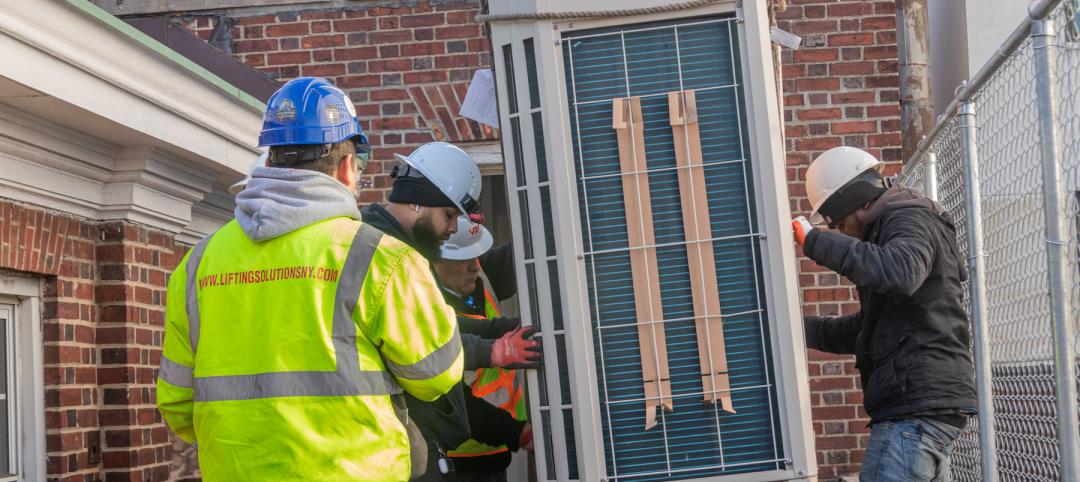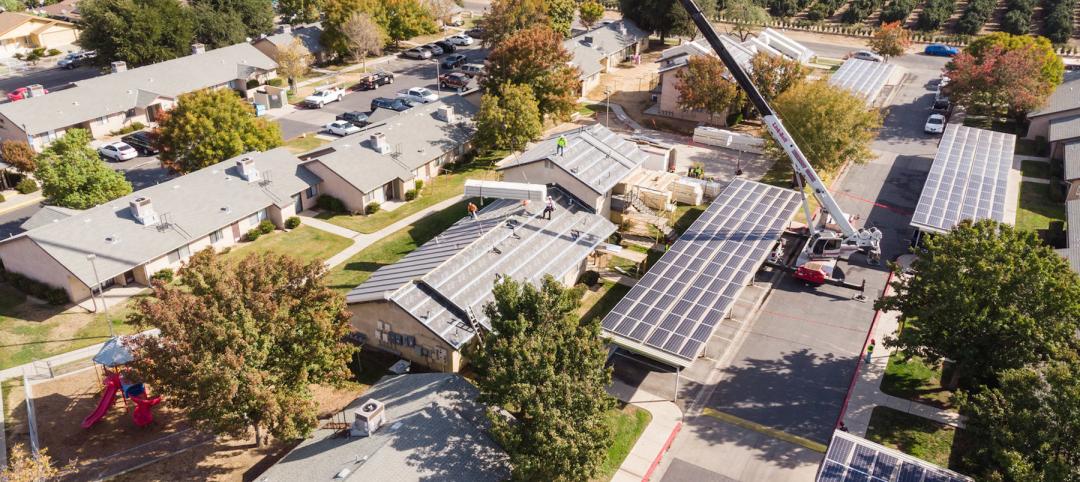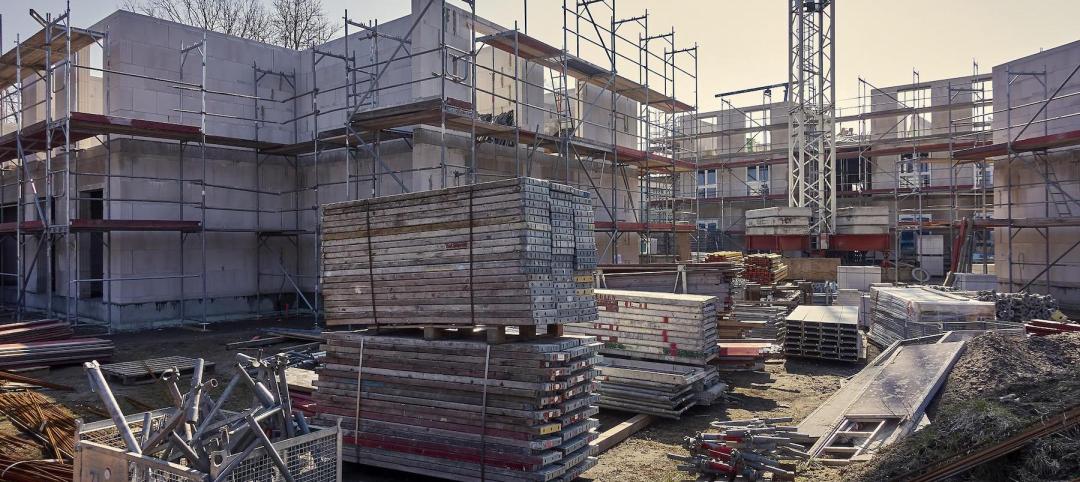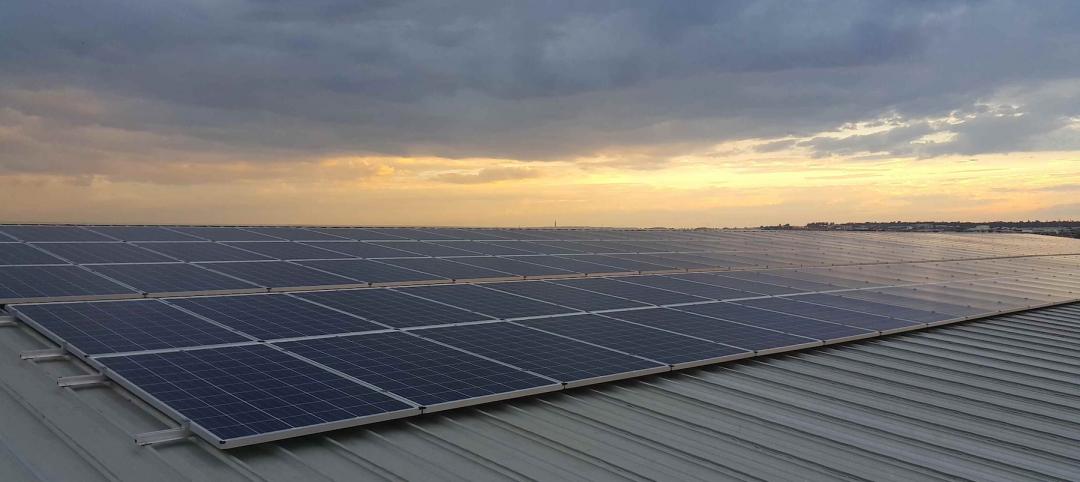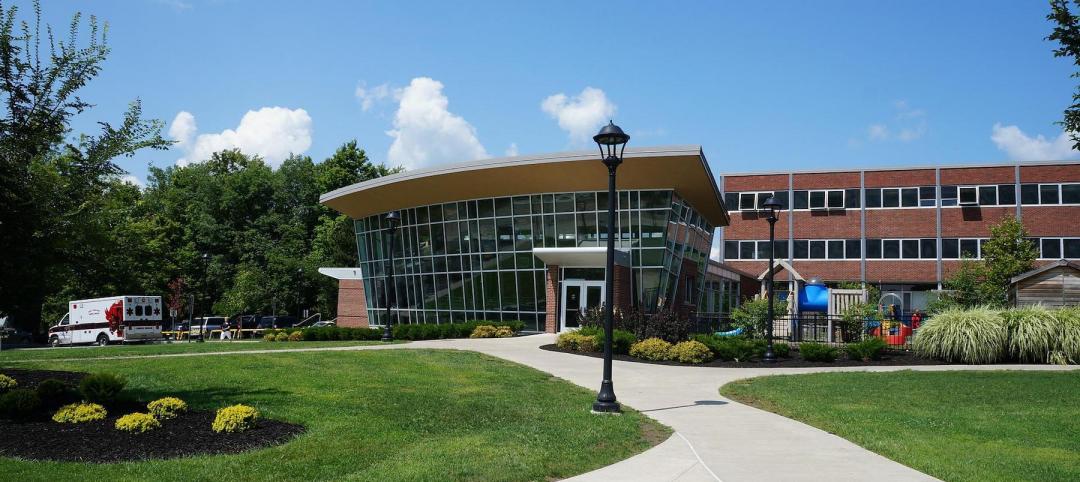Oberlin College is hosting a major climate change conference called After Fossil Fuels: The Next Economy on Oct. 6-8.
Over 40 luminaries in the field of climate change and economic opportunities in the post-fossil fuel economy will speak at the Ohio college. Among them will be former governors Arnold Schwarzenegger of California, Bill Ritter of Colorado, and Jennifer Granholm of Michigan.
Also making presentations will be Michael Brune, President of the Sierra Club; Tom Steyer, founder of NexGen Climate; Mark Campanale, founder and director of the Carbon Tracker Initiative; Hunter Lovins, founder of Natural Capitalism Solutions; and Gus Speth, co-chair of the Next System Project.
“Climate and energy issues are flip sides of the same coin,” said says David W. Orr, the Paul Sears Distinguished Professor of Environmental Studies and Politics at Oberlin College. “We are now in the transition to a very different economy and we don’t have a lot of time to get this right.”
Related Stories
Green | Jul 26, 2022
Climate tech startup BlocPower looks to electrify, decarbonize the nation's buildings
The New York-based climate technology company electrifies and decarbonizes buildings—more than 1,200 of them so far.
Energy | Jul 13, 2022
Electrification of buildings, new and old, furthers environmental responsibility and equity
It’s almost a cliché in our industry, but nonetheless: The greenest building is the one that is already built.
Codes and Standards | Jul 12, 2022
USGBC sets out principles for LEED’s future
The U.S. Green Building Council recently published a report containing principles outlining how LEED will evolve.
Building Team | Jul 1, 2022
How to apply WELL for better design outcomes
The International WELL Building Institute (IWBI) cites attracting top talent, increasing productivity, and improving environmental, social or governance (ESG) performance as key outcomes of leveraging tools like their WELL Building Standard to develop healthier environments.
Green | Jun 22, 2022
World’s largest commercial Living Building opens in Portland, Ore.
The world’s largest commercial Living Building recently opened in Portland, Ore.
Codes and Standards | May 19, 2022
JLL launches non-profit aiming to mitigate climate change
Real estate and investment management firm JLL recently launched JLL Foundation, a non-profit dedicated to making a long-term impact on environmental sustainability.
Sponsored | BD+C University Course | May 3, 2022
For glass openings, how big is too big?
Advances in glazing materials and glass building systems offer a seemingly unlimited horizon for not only glass performance, but also for the size and extent of these light, transparent forms. Both for enclosures and for indoor environments, novel products and assemblies allow for more glass and less opaque structure—often in places that previously limited their use.
Building Team | Apr 20, 2022
White House works with state, local governments to bolster building performance standards
The former head of the U.S. Green Building Council says the Biden Administration’s formation of the National Building Performance Standards Coalition is a “tremendous” step in the right direction to raise building performance standards in the U.S.
Energy-Efficient Design | Apr 19, 2022
A prefab second skin can make old apartments net zero
A German startup is offering a new way for old buildings to potentially reach net-zero status: adding a prefabricated second skin.
Legislation | Apr 11, 2022
Dept. of Energy releases RFI for K-12 schools energy upgrade program
The U.S. Dept. of Energy (DOE) released a Request for Information (RFI) to help decide how best to spend $500 million from the recently passed federal infrastructure law for K-12 public school energy upgrades.



